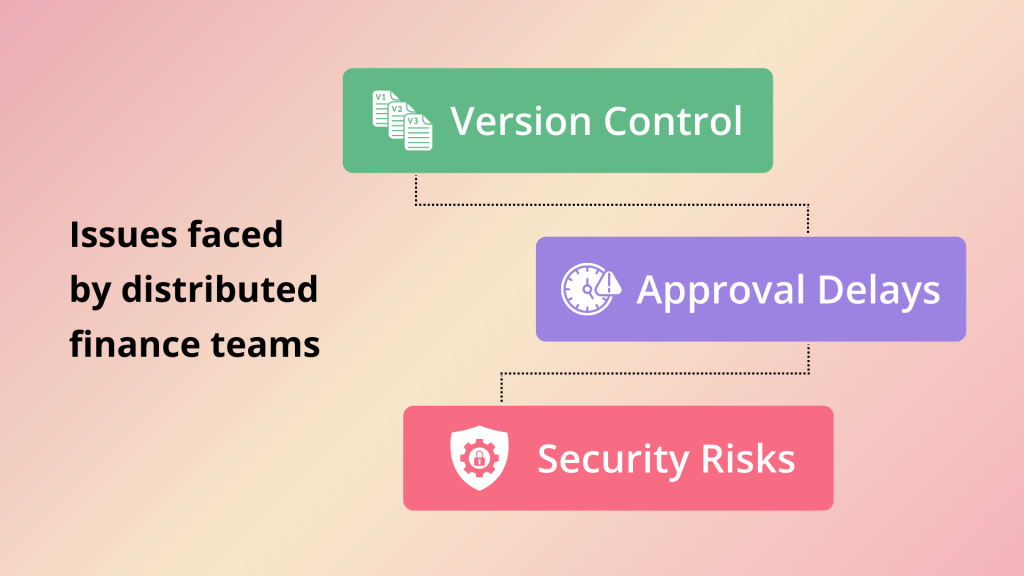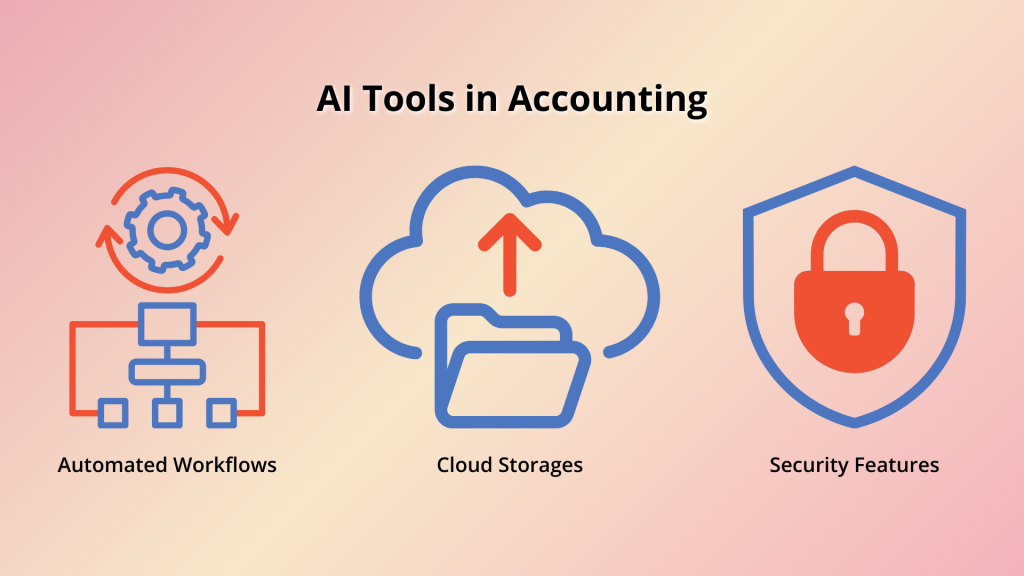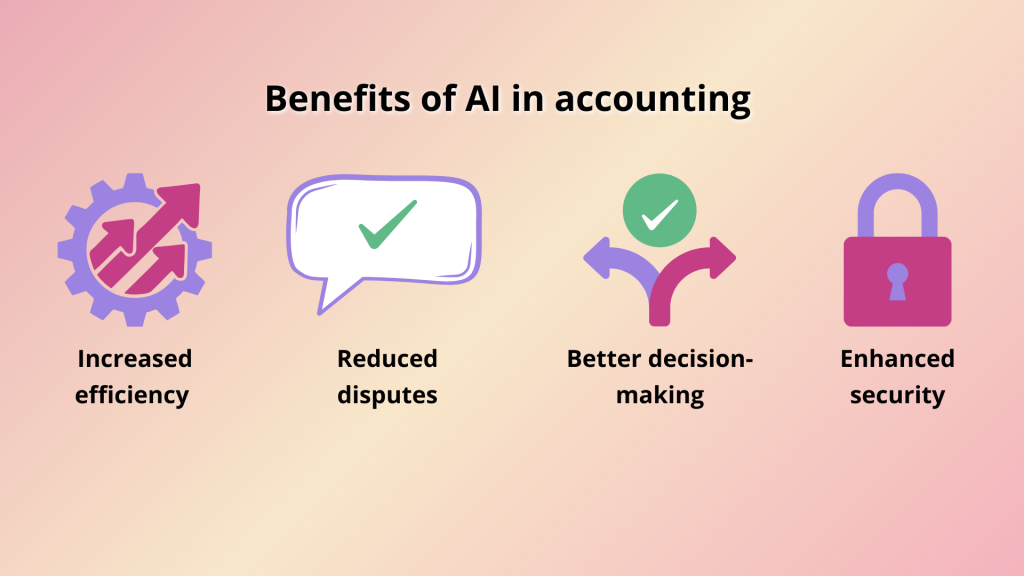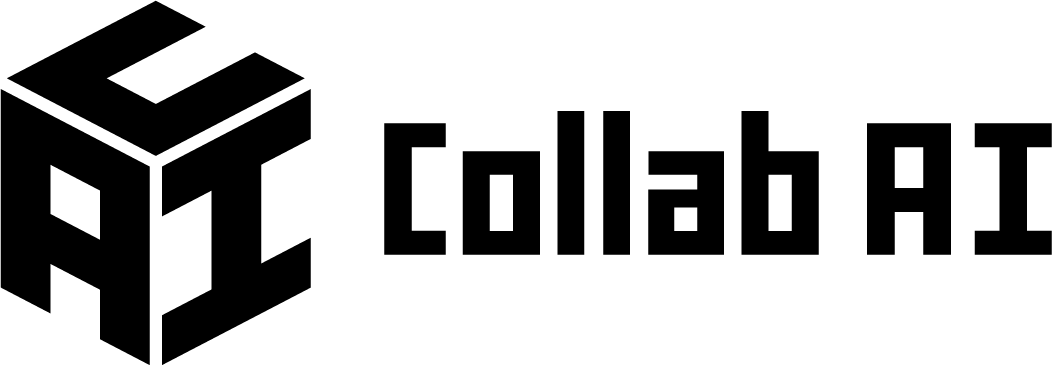For many small and mid-sized businesses, the shift to remote and hybrid work was less a choice and more a necessity. However, what was supposed to be a more flexible approach to getting accounting tasks, done often highlighted some weak spots in financial operations.
Numbers got lost in email attachments. Approval chains stretched longer than they should. Sensitive financial files went from laptops to chat apps, inviting the question: who else might be looking at this document? For finance leaders, the monthly close became an overwhelming challenge. That was until AI-powered accounting tools.
The Collaboration Gap in Distributed Finance Teams

The challenges show up in ways both obvious and subtle:
- Someone updates a spreadsheet, but everyone else is looking at an older version.
- Approvals stall because the right person is offline or buried in Slack pings.
- Security policies struggle to keep up with employees using personal devices.
- Remote workers juggle multiple roles and need clearer visibility into who owns what.
Individually, these aren’t unsolvable. Together, however, they raise a harder question: How do you keep financial workflows moving with trust, accuracy, and speed—without dragging people into endless coordination?
Where AI Quietly Fits In

For remote and hybrid finance teams, one of the greatest values of AI is its ability to handle repetitive and time-consuming work.
- Invoice Processing: AI tools can pull data from invoices, check the entries, and match them to purchase orders all by themselves. This means less manual data entry and a lower chance of error.
- Expense Management: Staff can snap pictures of receipts using mobile apps, and AI will sort expenses, signal any oddities, and sync everything into the accounting system right away.
- Bank Reconciliation: AI tools are checking bank statements against ledger entries, highlighting any irregularities as they happen, letting teams jump into action quickly.
By offloading administrative processes, accountants can focus on higher-level activities such as financial analysis, cash flow forecasting, or scenario planning—tasks that directly influence business resilience and growth.
Real-Time Collaboration Across Borders
Now, being part of a hybrid team often means struggling to keep tabs on financial work. AI-powered accounting tools are stepping in to fill those gaps by creating shared spaces that come with features like:
- Smart Document Routing: AI can delegate tasks to the right people and send reminders, making sure everyone stays accountable without hovering over each other.
- Version Control with Transparency: Machine learning models keep track of changes made to spreadsheets or financial statements, helping remote teams work together without risking data overwriting.
- Predictive Insights Dashboards: AI brings to light key financial KPIs and anomalies in real-time, ensuring that everyone—from the bookkeepers to the CFOs—works from the same playbook.
This level of insight helps teams stay in sync, even when schedules differ, speeding up approvals and bolstering decision-making.
Strengthening Compliance and Security

Accounting isn’t the wild west; it’s highly regulated, and compliance isn’t just optional—it’s a must. Remote work brings new risks around sharing data and access, but AI can provide several helpful safeguards:
- Automated Audit Trails: Every single transaction and change gets logged automatically, making it way easier to meet financial regulations like SOX or GAAP.
- Anomaly Detection Tools: AI can catch suspicious transactions immediately, decreasing the chances of fraud or policy violations in far-flung teams.
- Granular Access Control: This works alongside AI-based identity management to make certain that sensitive information is only within reach of the right team members.
For organizations working remotely, that level of security and traceability builds trust in both the financial data and the processes they use.
Better Decision-Making through AI Insights
One of the best perks of AI in collaborative accounting is how it equips decision-makers with real-time intel. Teams can tap into advanced analytics and predictive models to:
- Spot cash flow issues before they mess up operations.
- Compare budgets based on different scenarios for the hybrid workforce.
- Forecast client payments and revenue cycles with improved accuracy.
For distributed accounting teams, this means a shared understanding of risks and chances that enables coordinated action.
Turning Distance Into Strength
Physical distance doesn’t have to mean disorganized accounting. If anything, it’s clarifying the importance of collaboration. The right AI-powered accounting tools fold seamlessly into daily workflows, helping finance teams focus on judgment and strategy instead of chasing files and fixing mismatches.
For SMEs growing in 2025 and 2026, the question isn’t whether distributed teams can collaborate on financial data, it’s how to make that collaboration smoother, safer, and smarter. AI in accounting is proving to be one of the quietest, yet most powerful, answers.
We specialize in upgrading remote and hybrid teams with smart, customizable AI in accounting. Don’t let old systems hold you back. Hit us up today to discover how our solutions can ramp up collaboration, accuracy, and security in your financial operations. Contact us now to schedule a consultation and discover how we can work together to foster seamless accounting processes.
